
What Die Hard Can Teach Us About Modern Genre Theory
It’s December which means it’s time for the yearly debate over the genre of the film Die Hard (1988), directed by John McTiernan and staring Bruce Willis and Alan Rickman. The debate over whether the film is properly classed as a Christmas Movie or not illustrates some of the tenets of Modern Genre Theory.


We must pray the Lord raises up a new generation of Anglican leaders (TMA)
After months of procrastination, last night I finally wrote my will. The section on funeral wishes raised an urgent and uncomfortable question. Naturally, I want a classic Anglican service in an Anglican church, with the proper Anglican mix of grief at the verities of death, and hope in the reality of resurrection. But here’s my question – will there be any Anglican priests around to bury me?
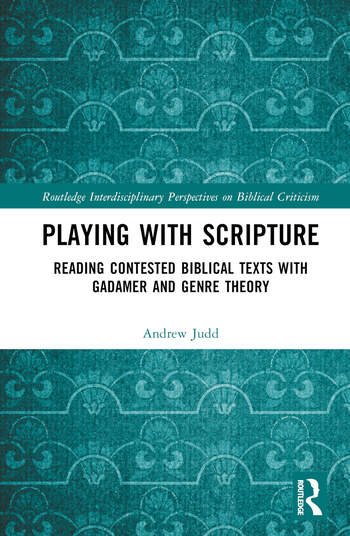
Book alert! Playing with Scripture hits shelves in time for Christmas stockings
My book is out soon! It is basically about why smart people keep disagreeing about what the Bible means.
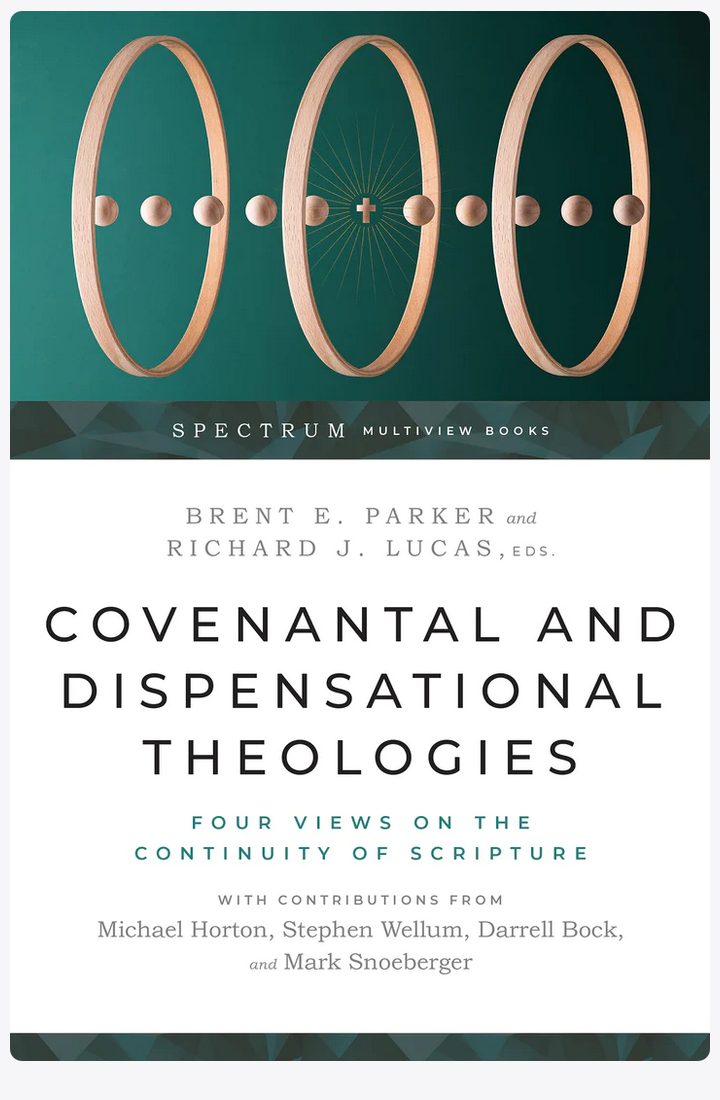
Review of Covenantal and Dispensational Theologies: Four Views on the Continuity of Scripture. Edited by Brent E. Parker and Richard J. Lucas
North American readers may be shocked to learn just how little time the rest of the world spends thinking about the differences between dispensationalism and covenantal theology. The skirmishes replayed in this book take place at the edge of most of our radars. This makes the book simultaneously invaluable and disappointing.

The Bible Story That Explains Australia: Jezebel and Ahab’s Violent Vineyard (Christianity Today)
As an increasing number of Australians realize, our nation was founded on the legal lie that the continent was terra nullius, “nobody’s land.” The truth is that Aboriginal people had been living on the lands now called Australia for at least 65,000 years by the time the first Europeans arrived. However, since British law said no one was here, most settlers didn’t bother making treaties.
One exception was John Batman, who was born in Australia to a convict father and a free mother who had paid passage to keep the family together. After encountering challenges trying to access a land grant in other regions, Batman staked out land near Merri Creek, otherwise known as the home of the Wurundjeri nation, and signed a treaty with them that exchanged handkerchiefs, flour, and other supplies for most of what is now Melbourne.
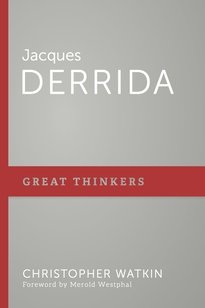
Christopher Watkin on Derrida
This book is a well written missile of brevity and clarity. In the first part of the book, Watkin explains what Derrida is all about with the effortless grace and good humour of a seasoned teacher.
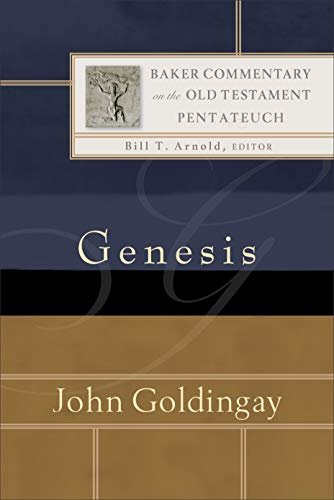
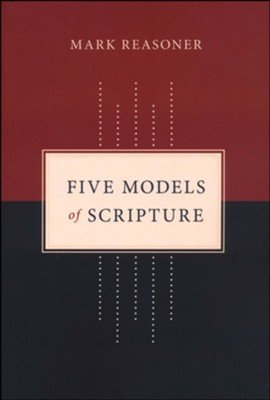
Review of Five Models of Scripture (Mark Reasoner)
Reasoner is at his best when sympathetically
engaging with the best that each Christian tradition offers.

Logos 10 review
The biggest new feature from my point of view is the ability to add your print library to your Logos library.

A valediction, forbidding mourning
We cannot mourn what we never had, and should not mourn what cannot be lost.

The five models of church governance (and how they cope under pressure)
In this article I am not going to lay out the biblical principles of church governance, nor will I seek to explain what causes leadership failures. Instead, I want to consider structurally how different models of church governance work and how well they cope under pressure. My questions are: where is power distributed? how are decisions made and reviewed ? and what happens next when a leader is forced to move on?

We have the money, now we need vision
In the last ten years in this diocese $69 million has been realised from sale of church properties. Only seven per cent of those funds were spent on new building projects.

Can we trust Scripture when there are so many interpretations? (Guest interview with Ian Paul)
I’ve been fascinated for a long time by the question of what it means to read the Bible as Scripture. There’s lots of ways people can read the Bible – maybe for historical curiosity, or to appreciate the literary dimension, or even an oppressive text to be resisted. But it seems to me that to read the Bible as Scripture means you’re holding two things in tension. Here I have an authoritative text, but at the same time it is a text whose meaning is continually relevant to me in new ways. What’s more, we seem to have a great deal of difficulty agreeing on what the Bible actually says. My subject matter, hermeneutics, is about taking a step back and asking ‘What is going on here?’
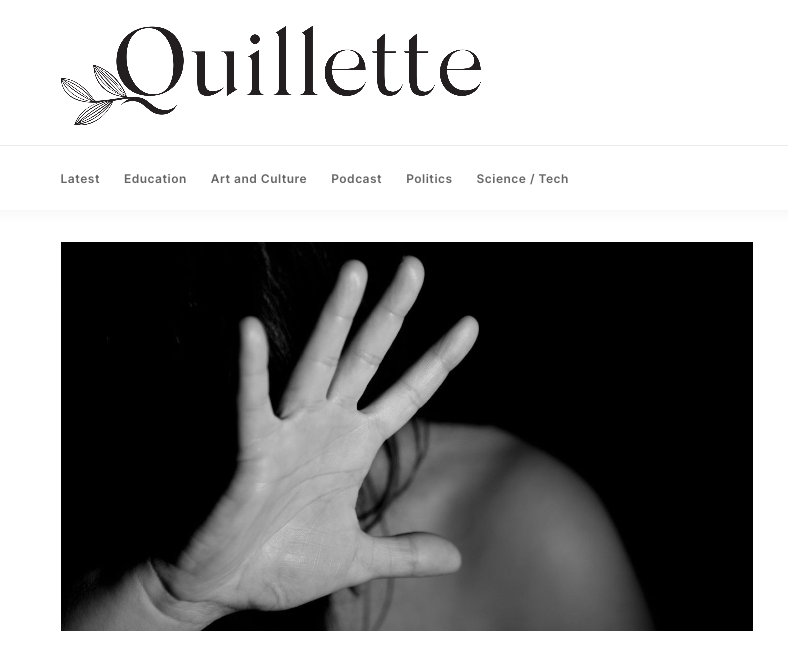
A Better Way to Lead Christians Away from Intimate Partner Violence
In April, the Anglican Church of Australia released a report summarizing research that it had commissioned into the prevalence of Intimate Partner Violence (IPV) among its congregants. I was saddened, though not surprised, to learn that Anglican survey respondents reported having experienced IPV at a rate equal or higher to that of the general population.
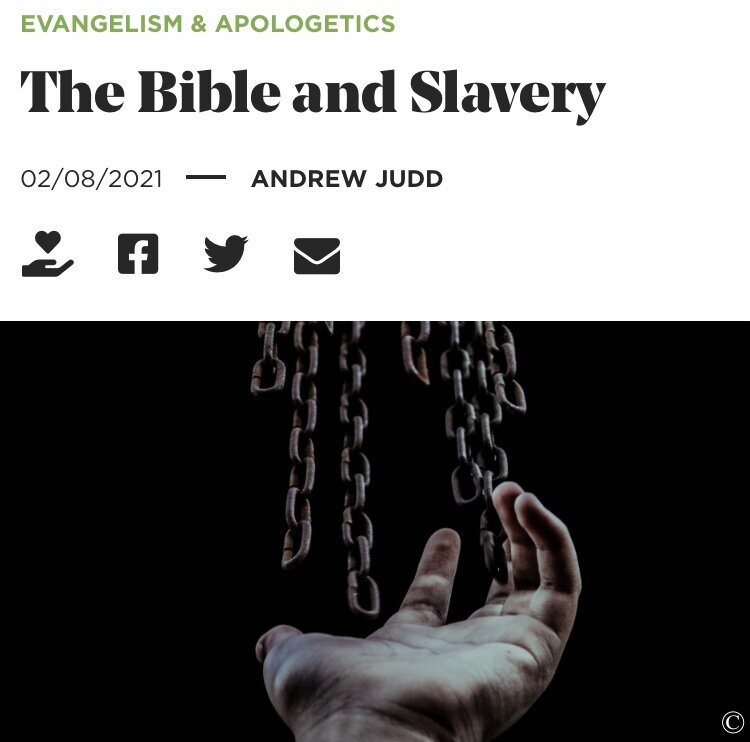
The Bible and Slavery
In a famous debate with Jordan Peterson, Sam Harris criticises the Bible for explicitly promoting slavery:
“But if you go to the books, and try to figure out what the creator of the universe wants with respect to the owning and needless immiseration of other people, he expects you to keep slaves, and he’s told you how to do it.”
Is that right? Is God okay with the slave trade?Is that right? Is God okay with the slave trade?
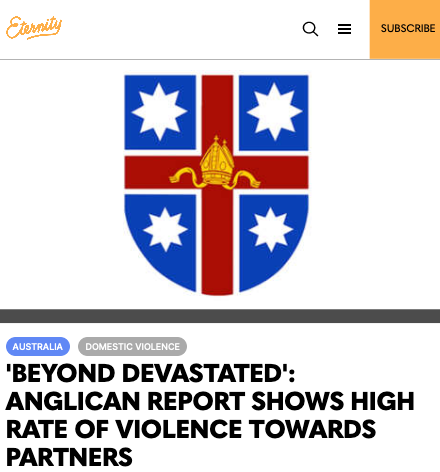
'Beyond Devastated': Anglican report shows high rate of violence towards partners
This week we received statistical confirmation for a reality that many of us already knew: intimate partner violence (IPV) is experienced by Anglicans at the same rate or higher than the wider Australian community

Christians must look past left and right (Eternity)
It’s not that I think there should be only one unified Christian voice in the public square. The problem is that our voices are getting so tediously predictable. I’m on the Left, so I pick the bits of the Bible that make Jesus sound like pre-selection candidate for an inner-city Greens seat. I’m on the Right, so I cycle through my playlist of social conservatism’s greatest hits: sex, bioethics and religious freedom. All important issues. But is the Christian’s calling really to sit on the sidelines waving weird spiritual banners for our favourite team?
